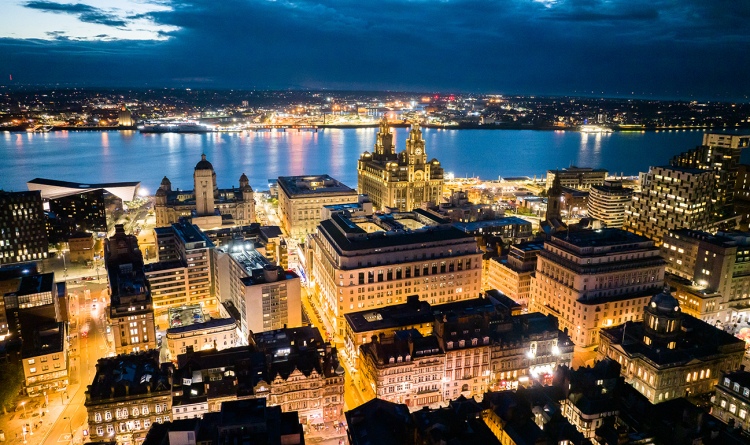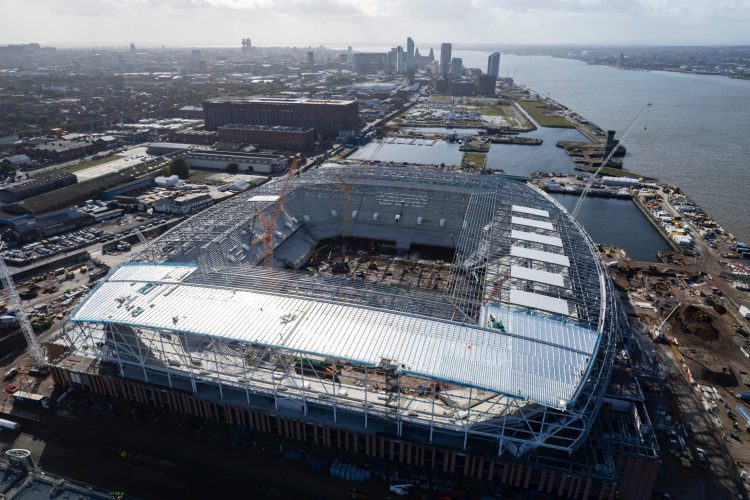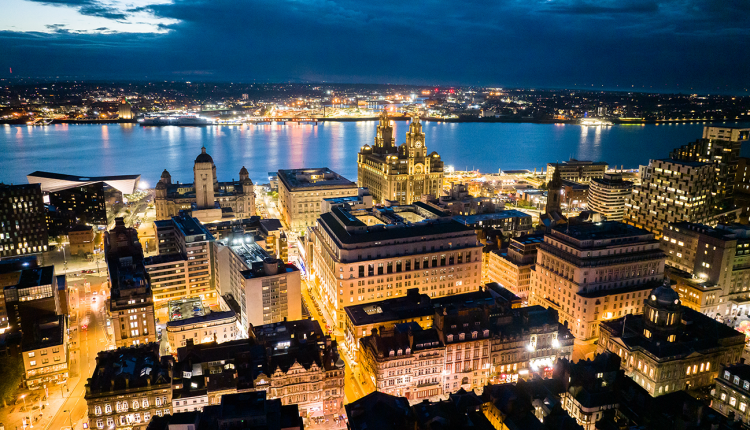New report commissioned by Liverpool BID Company says the ongoing development of Liverpool waterfront needs a ‘coherent and unifying’ vision. Tony McDonough reports

Ongoing and future development of Liverpool waterfront needs a “unifying vision” to preserve its status and heritage, a new report says.
Liverpool BID Company, which represents more than 800 businesses on the waterfront and across the city centre, has published its Liverpool Waterfront Positioning Paper (LWPP) which it says “provides a framework for future discussion and collaboration”.
Over the past decade or so the changing face of Liverpool’s world famous waterfront has been the subject of fierce debate. A standoff between Liverpool City Council and UNESCO became particularly rancorous at times.
In 2004 UNESCO bestowed World Heritage Status (WHS) on Liverpool waterfront. However, in 2012 UNESCO raised concerns about new development along the river, particularly tall buildings proposed as part of the £6bn Liverpool Waters scheme.
Peel L&P, owner of Liverpool Waters, modified its plans in response to those concerns. But this failed to satisfy UNESCO and the stand-off continued for several years. City leaders felt the global body to be, at times, aloof and dictatorial.
Matters came to a head with Everton’s FC’s plans to build a new stadium at Bramley-Moore Dock, a project that is now well advanced. It has seen the partial infilling of a Grade II-listed Victorian Dock.
In July 2021 UNESCO delegates in China finally voted 13-5 to strip Liverpool of its WHS in a decision that by then felt inevitable.
The then Mayor of Liverpool, Joanne Anderson, said: “UNESCO asked for a moratorium on development in the city centre. They were told that it went against UK planning law… But it’s clear now that UNESCO didn’t want to see. Or listen. Or engage.”
Fast forward to this week and the city council cabinet has approved a new tall buildings policy that will restrict towering structures to five areas of the city centre.
Liverpool BID Company wants to see this process widened and a new advisory group be set up that would provide a “voice and input for local businesses” in and around the waterfront.
Bill Addy, chief executive of the BID Company, said: “Given its global iconic significance, the Liverpool waterfront needs to be governed and managed in a more coherent way to ensure the quality of the development is high enough in future.
“And a more strategic, long-term view needs to be taken of the whole area which stretches several miles.”
There is a masterplan for the waterfront for the next 10 to 15 years. There are major developments at Bramley Moore Dock and festival gardens, as well as the significant changes at Royal Albert Dock, King’s Dock, museums and galleries.
READ MORE: ‘Merseyside needs more devolution’ says Lord Heseltine
Commissioned by Liverpool BID Company, the LWPP is based on several months of interviews with those who manage key sites along the waterfront, those who live and work there, invest and want to develop.
The vision is intended to act as a guide for future development, to provide a framework for decision making, and to shape the storytelling and offer of the waterfront to help attract investment and stimulate growth.


It calls for a unifying vision to provide a framework for any future work, to provide a coherent strategy and approach.
The advisory group, made up of stakeholders, experts, voluntary sector, community representatives.
It would act as a “driving force” for the vision, encouraging conversation and communication with the community, advocates and promotion, lead on partnerships and evaluate strategic development, monitor and evaluate progress. It offers six guiding principles:
- Heritage and Place – preserving the heritage of the waterfront and retaining a “sense of place”.
- Year Round Exploration – events and activities to create “lasting memories”.
- Engaging and Playful – installations, public art and events.
- Soul and Rhythm – live performances and outdoor concerts.
- Reflection and Celebration – creating an “urban buzz” as well as quieter places for reflection.
- Evolution and Inspiration – inspiring “innovation, creativity, and progress” and fostering a “sense of pride”.
Bill added: “Liverpool BID Company has commissioned the LWPP to capture the views of businesses and organisations with existing assets and active regeneration projects along the waterfront.
“The intention being that the LWPP marks a new way of working together and provides a framework for future discussion and collaboration.”

